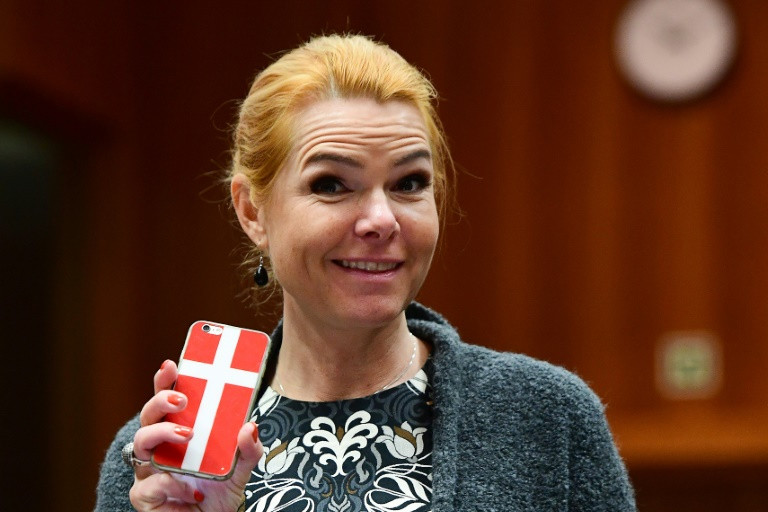Copenhagen: Denmark’s Immigration Minister Inger Stojberg has been widely rebuffed after she suggested Muslims should take time off work during Ramadan because of potential safety risks to the rest of society.
Stojberg, an immigration hardliner in Denmark’s centre-right government, in a blog post on Monday said fasting throughout the working day raised challenges for modern society, the BBC reported.
“I want to call on Muslims to take leave from work during the month of Ramadan to avoid negative consequences for the rest of Danish society,” she said.
In her post published by Danish newspaper Berlingske Tidende (BT), Stojberg cited bus drivers as an example of workers whose performance could be affected by foregoing food and drink during the holy month. She urged all Muslims to take leave from work during Ramadan “to avoid negative consequences for the rest of Danish society”.
However, bus companies were among the first to say they had no problem with Ramadan.
Arriva, which runs a number of bus routes in Denmark, said it had never had any accidents involving drivers who were fasting. “So de facto it’s not a problem for us,” spokeswoman Pia Hammershoy Splittorff told BT.
The same message came from Denmark’s 3F transport union, whose leader Jan Villadsen wondered if the minister was trying to create a problem that did not yet exist.
Denmark’s Muslim Union posted a message on social media thanking Stojberg for her concern, but pointed out that Muslims were adults who were perfectly capable of looking after themselves and society, “even when we fast”.
A party colleague of the minister, Jacob Jensen, suggested politicians should focus on solving “real problems” rather than interfering.
Denmark’s population of 5.7 million includes about 250,000 Muslims.
In the past few years, Stojberg has become the spokeswoman for the government’s substantial tightening of asylum and immigration rules.
Two years ago, Denmark adopted a controversial measure requiring newly arrived asylum seekers to hand over valuables such jewellery and gold to help pay for their stay in the country.
After the act drew comparisons with the Nazis’ seizure of valuables from Jews in World War II, wedding and engagement rings were excluded from the law.
Other measures included tightening requirements for learning Danish, tougher citizenship tests and financial independence.
Denmark saw a spike in arrivals of asylum seekers and irregular migrants in 2015 but the numbers have fallen significantly.
-IANS

